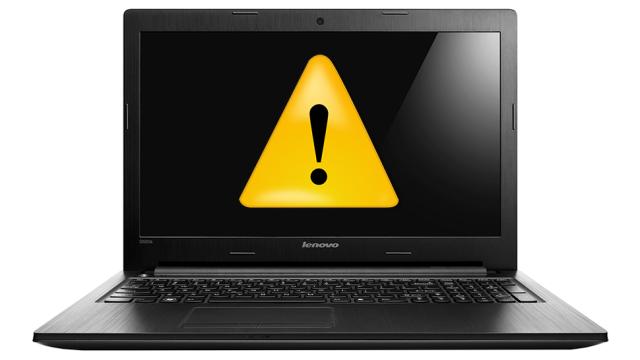Users who purchased a Lenovo PC between September 2014 and January 2015 got an extra special surprise in the form of adware that left them wide open to malicious attacks. After two and a half years of legal wrangling, the US Federal Trade Commission settled its lawsuit against the company, and it’s hard to imagine that executives learned their lesson.
Image source: Lenovo
[referenced url=”https://gizmodo.com.au/2015/02/lenovo-joins-the-malevolent-side-of-the-online-advertising-industry/” thumb=”https://i.kinja-img.com/gawker-media/image/upload/t_ku-large/umluueiliifnvytlbimh.jpg” title=”Meet Superfish: Lenovo Joins The Malevolent Side Of The Online Advertising Industry” excerpt=”On Wednesday evening, the news began to break on Twitter. Computer security analysts had discovered something nefarious about a piece of advertising software called Superfish, which comes pre-installed on cheap Lenovo laptops like the Yoga 2. Superfish was leaving the laptops wide open to takeover by malicious adversaries. And it was all being done to deliver internet ads.”]
On Monday, the FTC announced that Lenovo will have to inform its customers of all the software that comes pre-loaded on its products and receive the user’s consent. The company will also be subject to 20 years of audited security checks. In a separate statement, New Jersey Attorney General Christopher Porrino announced that his office had come to terms with Lenovo on behalf of 32 US states and the company will have to pay $US3.5 million ($4.4 million) in penalties.
The complaint stems from adware that came preinstalled on an estimated 750,000 Lenovo machines that is known as the cracked the password to the Superfish certificate, anyone using the same network as that Lenovo laptop could monitor encrypted communications by following a few simple steps.
Lenovo is admitting no wrongdoing and in a statement said that it “disagrees with allegations contained in these complaints” but it is “pleased to bring this matter to a close after 2-1/2 years”. The press release goes on to state that the company long ago stopped using Superfish, and it also claims “we are not aware of any actual instances of a third party exploiting the vulnerabilities to gain access to a user’s communications”, which is not exactly reassuring.
If after all these years you have a laptop that’s still running Superfish software, you can use this test page in Chrome or Internet Explorer to check out whether you need to go through the removal process.
And next time you go to buy a laptop, remember that two crucial words are missing from Lenovo’s statement: “We’re sorry.”
